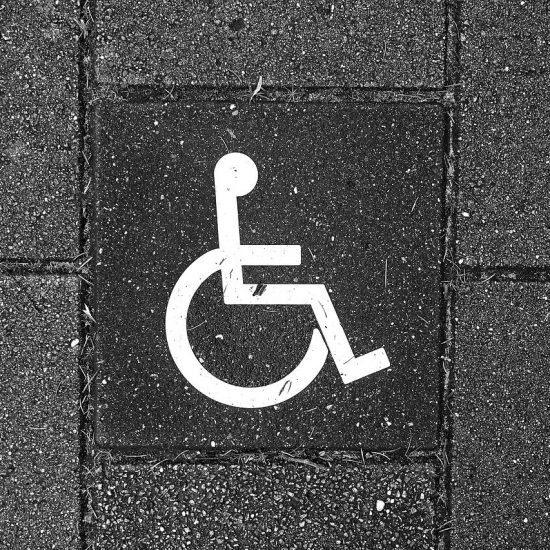Growing older doesn't happen overnight. You have many years to prepare and you should do it "deliberately" by putting plans in place while you still have control over what happens to you. — Smart Senior
For the last several months I have referred to an "aging plan" in this column. Recently, I realized this term may be new to the reader and needs to be defined.
Around The Baptist Home, we say there are two approaches to aging, "incident aging" and "planned aging."
Most people follow the "incident aging" approach. They just allow the days and years to go by without much thought about their life's journey. Then an "incident' forces them to face the fact they are getting older. The "incident" requires them to make quick and often poor decisions about their future.
The incident might be a broken hip, resulting in having to find a rehab center or home healthcare quickly. Or the incident may be a sudden drop in the stock market, causing one to "panic sell" investments, thus greatly damaging future retirement assets. Although it is the most poplar, the "incident approach" to aging is not the best.
The "planned aging" approach is an intentional, comprehensive, realistic and well-thought-out process of putting in place plans to address the major decisions we may have to make as we get older. This process leads one to develop an "aging plan" that lays out our preferred decisions and actions to maximize independence and control of our life.
Planned aging is not an original concept. Elements of it are found in others writings and programs. It is called Retire_ment Planning (AARP), Life's Best Chapter (Godwin), Successful Retirement (Johnson), The Art of Growing Old (Saussy), Aging Deliberately (Taylor) and Graceful Aging (Kam).
Developing an aging plan takes time and dedication to the task. The ideal age to begin is in your early 50s. But no matter your age, it is never too late to start.
The major point is to develop your aging plan when you are not in a crisis and you have time to do the research to clearly understand your options for each potential situation.
An aging plan gives us the confidence we are in control and are making the best decisions as we continue on life's journey. It gives us a sense of acceptance, joy and positive feelings about the life course we are taking.
In other words, an aging plan helps us to have few or no regrets about our decisions in the last half of life.
There are many elements or chapters in a well-developed aging plan. The major chapters are: my aging attitude, my spiritual development, life mission/purpose, grandparenting, physical and mental fitness, financial security, housing, leisure time, employment, legal issues, estate planning, and final arrangements.
Future columns will deal with each of these chapters in more detail. Hopefully through reading them, you will be able to develop your personal comprehensive aging plan and face the future with confidence and peace of mind.
Frank Fain is director of senior adult ministries and educational services at The Baptist Home.


